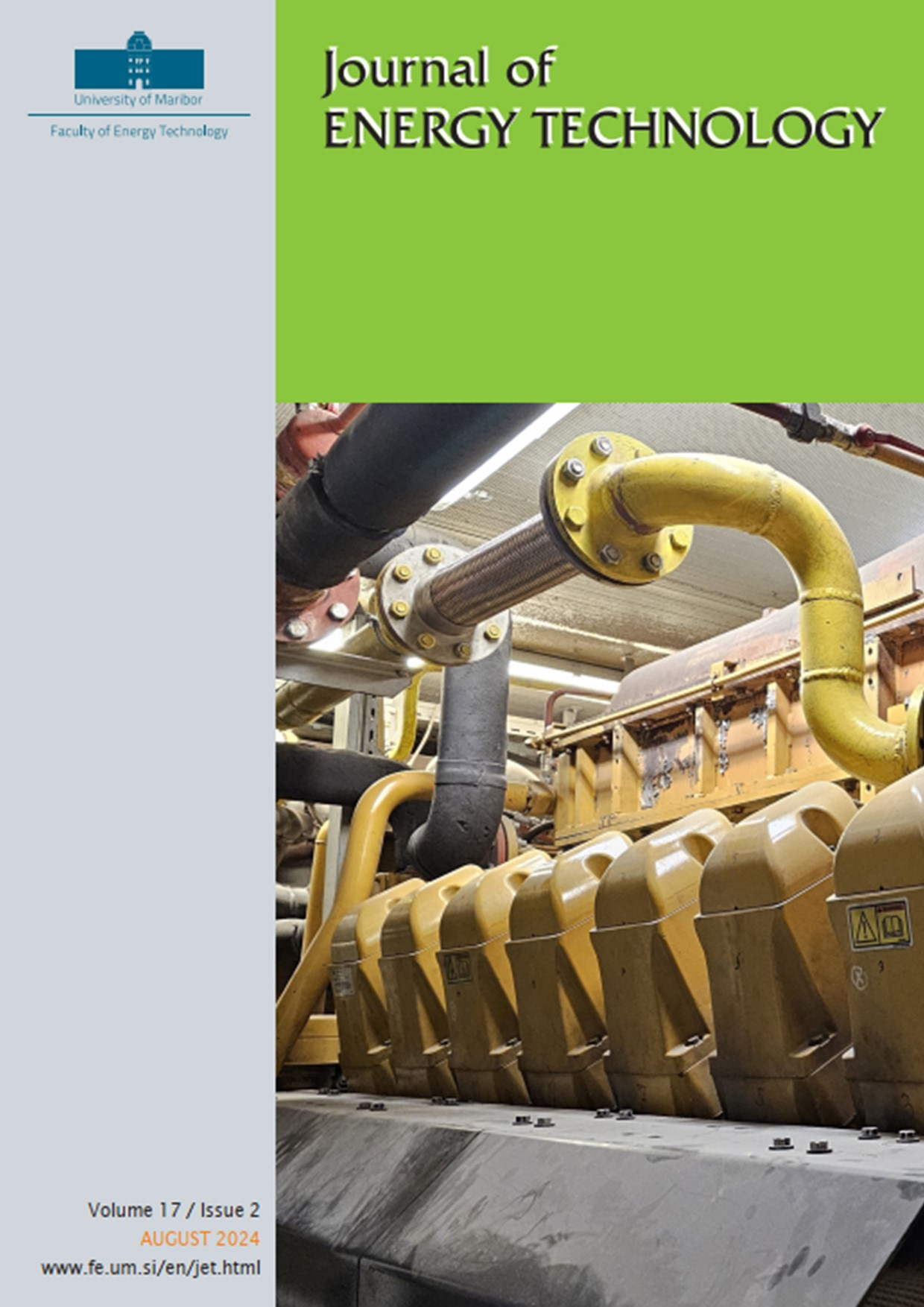ANALYSIS OF THE CAPACITY OF LiFePO 4 BATTERIES BASED ON THE RELEASED ELECTRONS
Abstract
The lithium iron phosphate battery, or LiFePO 4, has been analysed in this article. Initially, a comprehensive overview was provided concerning the properties and chemistry of batteries. Subsequently, the core focus of the research was addressed, which centred on quantifying the number of electrons released per 1 cm2 in 1 second in one cell in the battery during charging. Additionally, comparisons were made, to ascertain whether batteries with capacities lower than the one selected for this study impact the number of electrons released during charging, assuming constant battery voltage, cell surface area and current, or whether the number of released electrons remains unaffected by the capacity variations. The analysis was conducted analytically, and demonstrated transparently using the MATLAB software package.
Downloads
References
P. Cheng, Y. Zhou, Z. Song and Y. Ou, "Modelling and SOC estimation of LiFePO4 battery”, 2016 IEEE International Conference on Robotics and Biomimetics (ROBIO), Qingdao, China, pp. 2140-2144
Brooke Schumm, Britannica, Science & Tech, Battery, https://www.britannica.com/technology/battery-electronics#ref45844 [16.7.2024]
Battery University, Battery Building Blocks, https://batteryuniversity.com/article/bu-104b-battery-building-blocks [18.2.2024]
Battery University, Types of Lithium-ion, https://batteryuniversity.com/article/bu-205-types-of-lithium-ion, [8.12.2023]
Australian academy of science, Technology & the future, How a battery works, https://www.science.org.au/curious/technology-future/batteries [19.3.2024]
Yin-quan, He-ping, ZHANG Yi, Kai-feng, Charging Method Research for Lithium Iron Phosphate Battery, SciVerse ScienceDirect, Procedia Engineering Vol. 15 (2011), pp. 4367-4371
Amazon, Eco worthy LiFePO4, 12.8V, 280Ah, https://www.amazon.de/ECO-WORTHY-LiFePO4-Motorhome-Complete-Household/dp/B0CQC41ZTR/ref=sr_1_1_sspa?adgrpid=85748477441&hvadid=394694485907&hvdev=c&hvlocphy=9062551&hvnetw=g&hvqmt=b&hvrand=5943447063617300964&hvtargid=kwd-1440330310&hydadcr=18409_1814169&keywords=lifepo4&qid=1700578740&sr=8-1-spons&sp_csd=d2lkZ2V0TmFtZT1zcF9hdGY&th=1 [29.3.2024]
Iztok Dovnik, Diploma thesis, Preparation and characterization of carvedilol solid dispersions in mesoporous carriers using spray drying method, Ljubljana, 2013
Ahmet Aktas, Yagmur Kircicek, “Solar Hybrid Systems and Energy Storage Systems”, “Battery Capacity”, Chapter 5, ScienceDirect, 2021, pp. 87-125
Qi Wang, Qile Wang, “Electrocatalytic redox neutral [3+2] annulation of N-cyclopropylanilines and alkenes”, “Chemical Science”, 2021, Vol. 12, pp. 969-975
ETH CIRCUITS, Battery charging time & Battery charging current; https://ethcircuits.com/battery-charging-time-battery-charging-current/ [2.1.2024]
